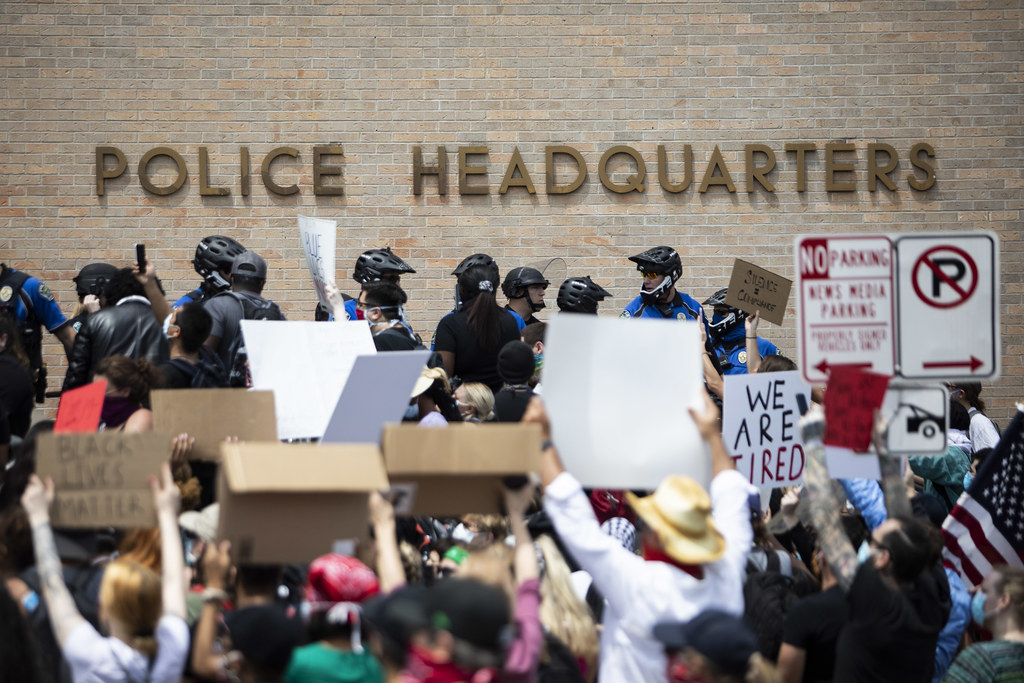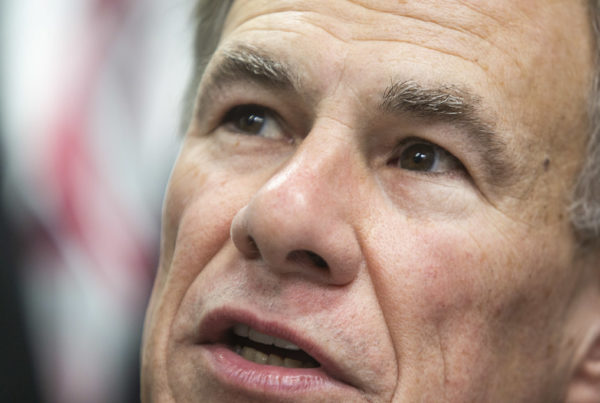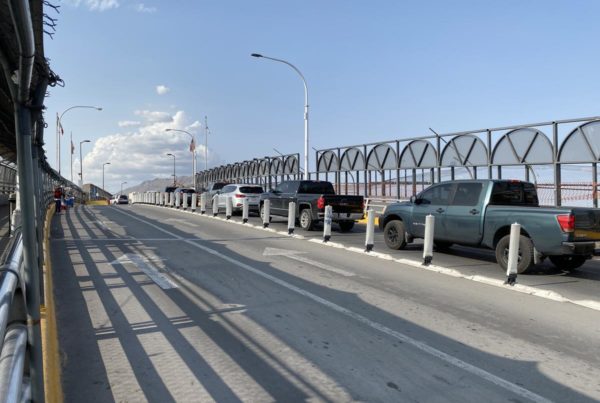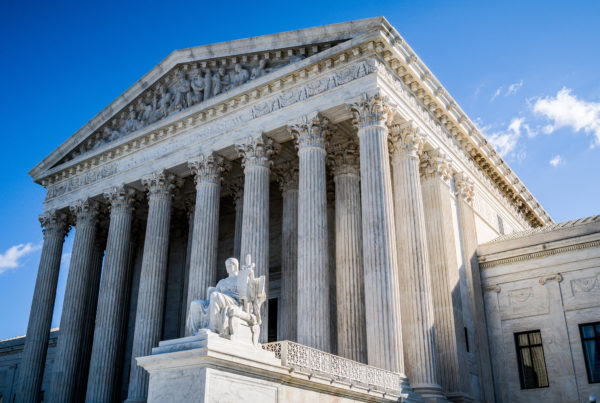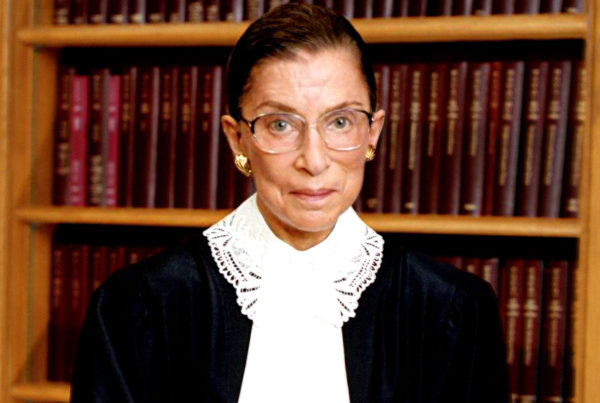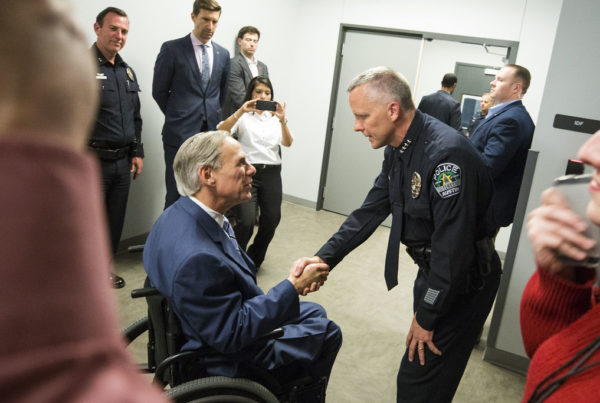Efforts to transform the criminal justice system have grown since the Black Lives Matter Movement erupted in 2014 in the aftermath of a spate of police and vigilante killings of African Americans across the country. At the grassroots level calls to “Defund the Police” that seemed marginal, even outlandish, then have taken on a new level of political maturity in this year of racial reckoning.
“Defund the Police” advocates do not advocate literally getting rid of law enforcement. Instead they argue that over the past half century America has overly invested in systems of punishment. At the local, state, and federal level, these systems reinforce anti-Black racism, segregation, violence, and premature death at the expense of imparting justice. The phrase “Defund the Police” might be better characterized as “Reimagining Public Safety.” This is what the Austin City Council, pressured by the heroic work of local racial justice organizations such as the Austin Justice Coalition, Grassroots Leadership, and Texas Appleseed, essentially did with their new budget. By infusing new resources into mental health, ambulance services, and non-lethal first responders, the city council followed the lead of groups around the country demanding public investments in BIPOC communities – that’s Black Indigenous People of Color – rather than investing in more police.
Enter Texas Governor Greg Abbott, whose “Back the Blue” initiative threatens to coerce political leaders and local municipalities into passing ever increasing police budgets against even the pretense of supporting racial justice. Abbott’s plan would represent a state takeover of Austin Police, an act that flies in the face of the local control from federal intervention most often touted by political conservatives. Even worse, such a bill further fans the flames of racial division in Texas and nationally by irrevocably placing Black Lives and public safety as two mutually exclusive issues.
As legal scholar Michelle Alexander has famously argued, mass incarceration represents the “New Jim Crow” in American society. It’s a system of racially biased arrests, punishment, prison sentences, cash bail system, and more. And transforming it requires us to invest in public health, education, housing affordability, and food justice in a manner that will enhance, rather than diminish, the safety of our neighborhoods, communities, and nation.
Abbott’s “Back the Blue” plans recalls the era of “massive resistance,” a euphemism for white supremacy, that greeted the civil rights movement’s heroic period after the Brown Supreme Court desegregation decision. Confederate politicians signed loyalty pledges supporting racial segregation, thousands joined White Citizens Councils that were devoted to maintaining Jim Crow, and states resurrected Confederate battle flags to announce their symbolic resistance to Black dignity and citizenship. Instructively, even after the court’s decision, some states such as Virginia decided to close their public schools rather than racially integrate.
The governor’s efforts are both morally reprehensible and politically indefensible but have historical precedent.
But so too the dogged efforts by millions of Black Americans, often joined by a small but robust plurality of white allies, to end systemic racism, defeat white supremacy, and in so doing finally achieve our country. Fannie Lou Hamer, the Mississippi sharecropper turned voting rights activist, defied the forces of hate to deliver stunningly eloquent testimony at the Democratic National Convention in 1964. Hamer recounted beatings at the hands of law enforcement for organizing voting rights activities. Evicted from her Magnolia State plantation for trying to register “to become first class citizens,” Hamer “questioned America” the land of the free and the home of the brave, where innocent Black families experienced racial terror for simply trying to vote and live a life as “decent human beings.”
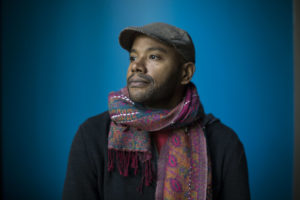
Dr. Peniel Joseph, a professor at UT-Austin. Photo by Gabriel C. Pérez/KUT
The stark moral lines that Hamer’s testimony drew that day remain with us today. The clarifying tumult of this year’s Black Lives Matter demonstrations have, once again, forced the nation to search inward. Expanding our definitions of citizenship, freedom, and democracy requires a fundamental shift beyond the status quo. Reimagining public safety is an important first step in this regard, one that should not and can not be halted by the forces of political reaction whose perspectives echo the worst aspects of our nation’s tragic racial history.
Peniel Joseph, Ph.D., is the Barbara Jordan Chair in Ethics and Political Values at the LBJ School of Public Affairs, and professor of history and founding director of the Center for the Study of Race and Democracy at the University of Texas at Austin.


